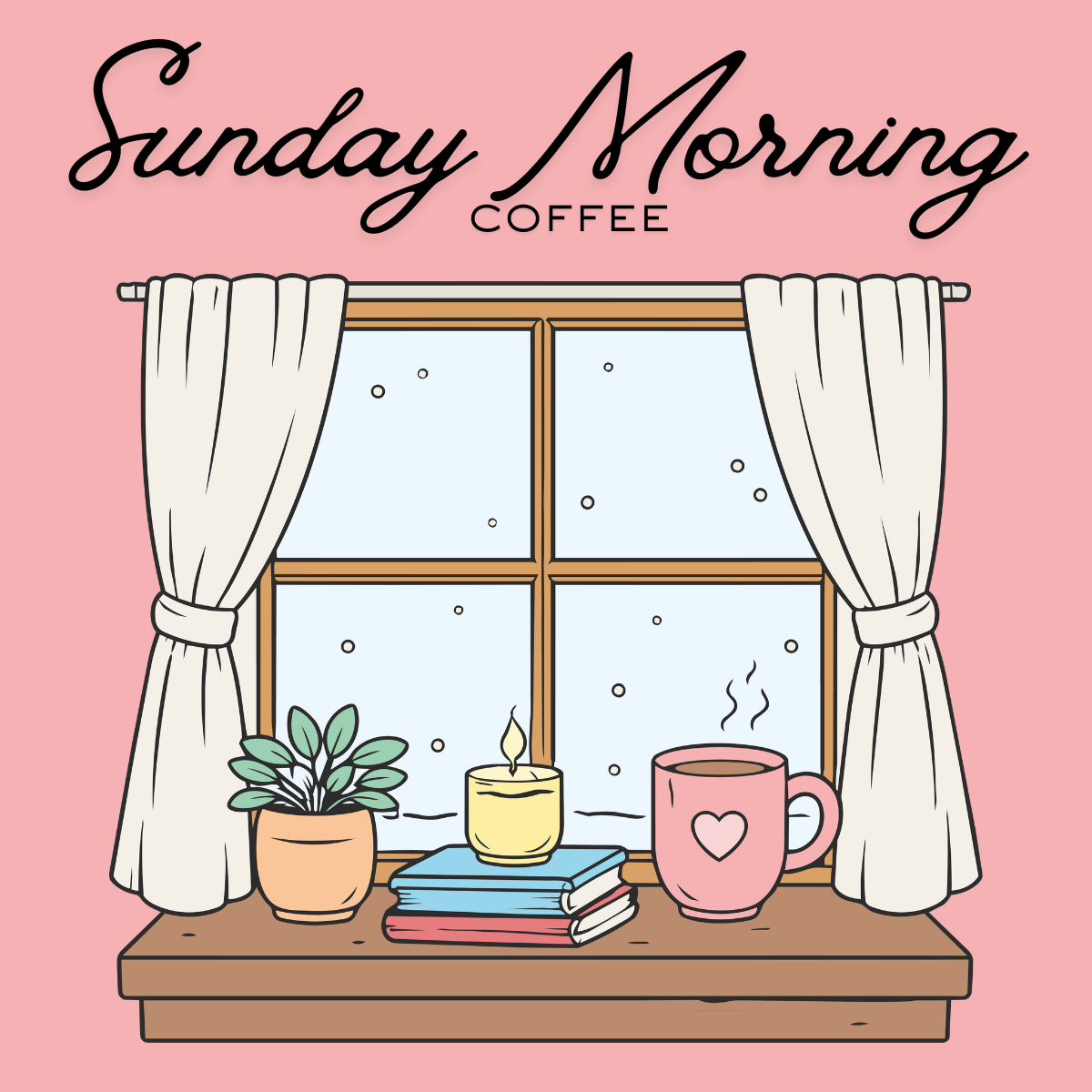
Why I Still Believe in People: Lessons From 40 Years in Education
Forty years is a long time to stay hopeful. ☕ Why I Still Believe in People: Lessons From 40 Years in Education

Teaching Executive Function in Places That Undermine It
Teaching executive function in correctional settings is hard, but so necessary!
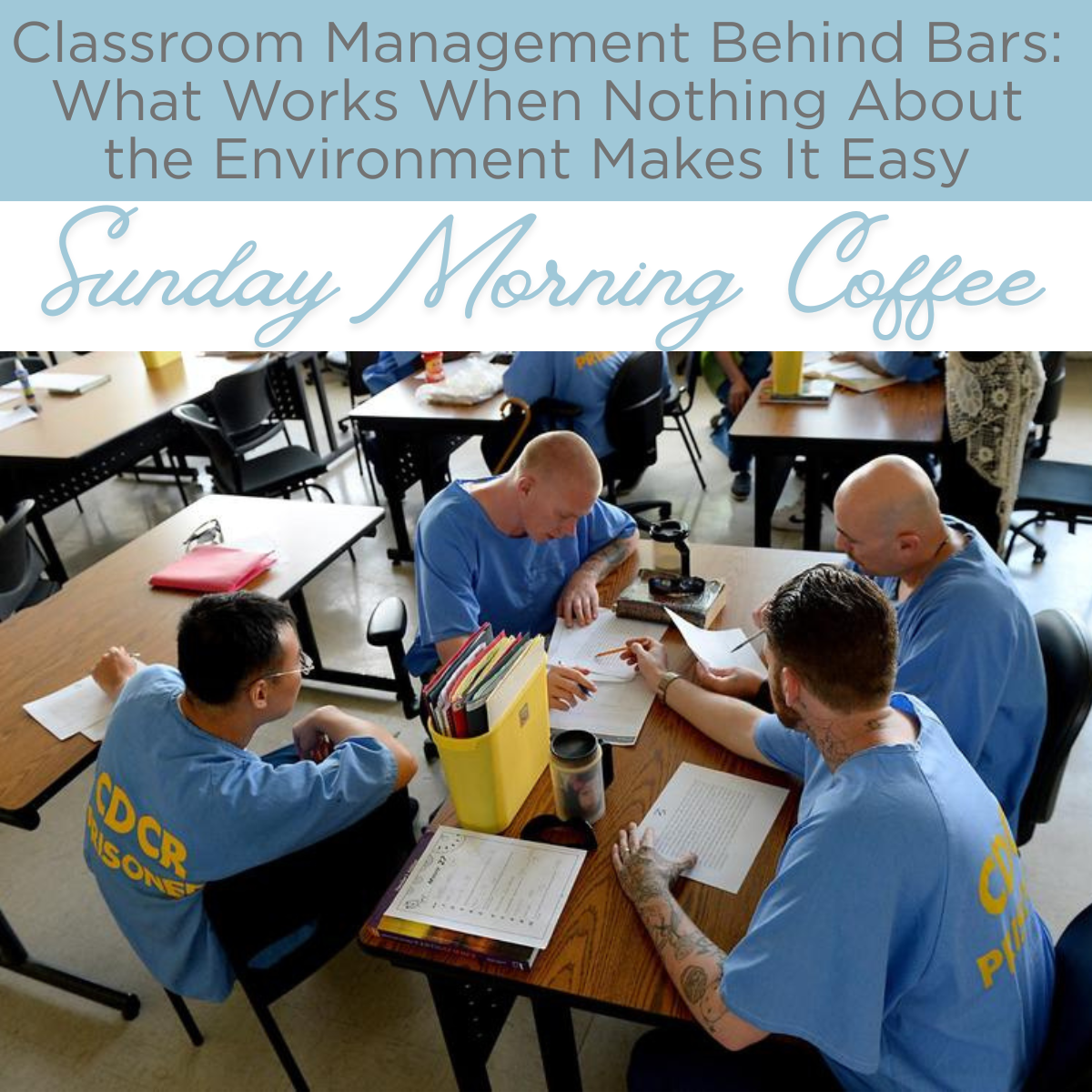
Classroom Management Behind Bars: What Works When Nothing About the Environment Makes It Easy
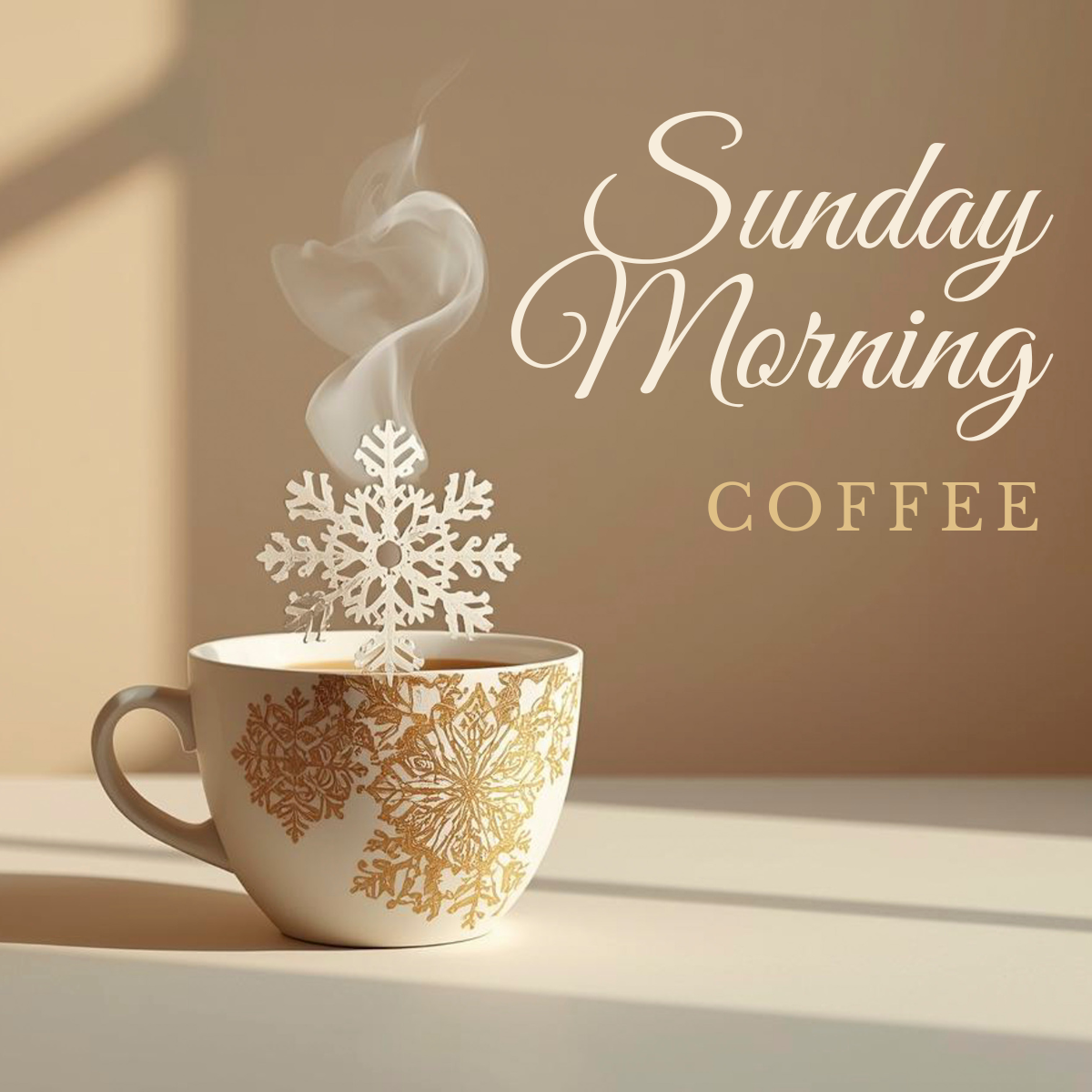
Adult Learners, Adolescent Brains: Teaching When the Prefrontal Cortex Is Still Under Construction
Adult learners don’t always have fully developed executive function, and the brain doesn’t care how old someone is on paper.
.

The Hidden Curriculum of Prison Education: What We Teach Without Trying
We often worry about whether we’re covering the right standards or pacing guides. But our students are learning from every moment we spend with them — the written and the unwritten.

Supporting Mental Health for Correctional Staff
If we want people to stay in this work—and stay well—we need to do more than talk about wellness. We need to build it into the culture.

The Revolution Isn't Over
The American Revolution wasn’t a moment. It was a mission, and it’s one we’re still called to fulfill.

Correctional Compassion Fatigue Is Real
Compassion fatigue is what happens when the emotional cost of caring starts to outweigh your ability to cope. Caring for students and residents is imperative, but so is taking care of yourself.

If We Taught Every Student Like They Were Coming Home Tomorrow…
What if we treated every day like it was their last day to learn something that could change their life?

Guard Your Golden Hours
Tuning into your circadian rhythm isn’t just self-care—it’s an act of executive functioning. When we align high-demand tasks with our brain’s natural peak hours, we’re not just working harder—we’re working smarter.
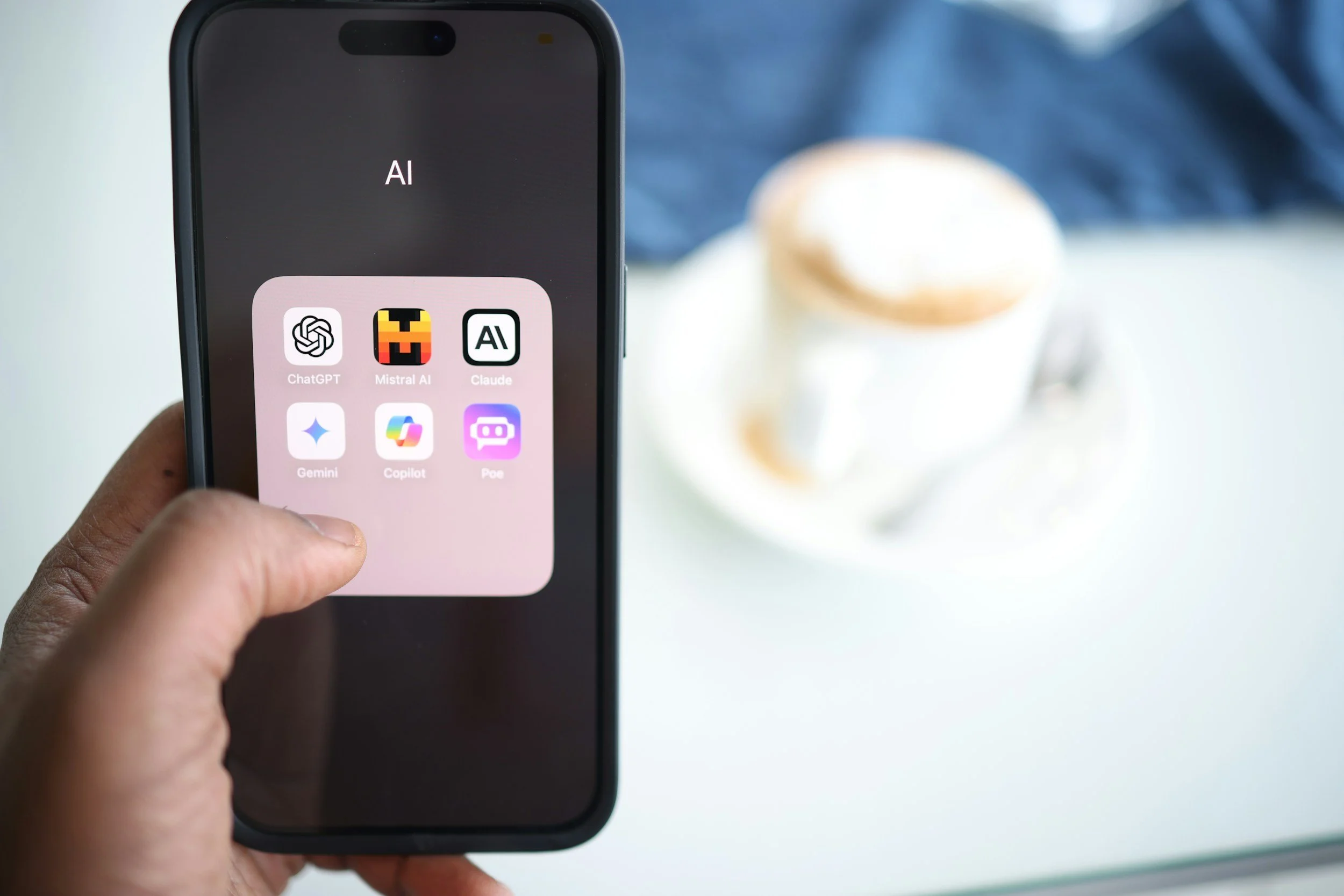
Teaching with AI
Artificial intelligence (AI) isn’t here to replace teachers. It’s here to give you back your time, sharpen your creativity, and make space for what you actually want to be doing—teaching and connecting with students.
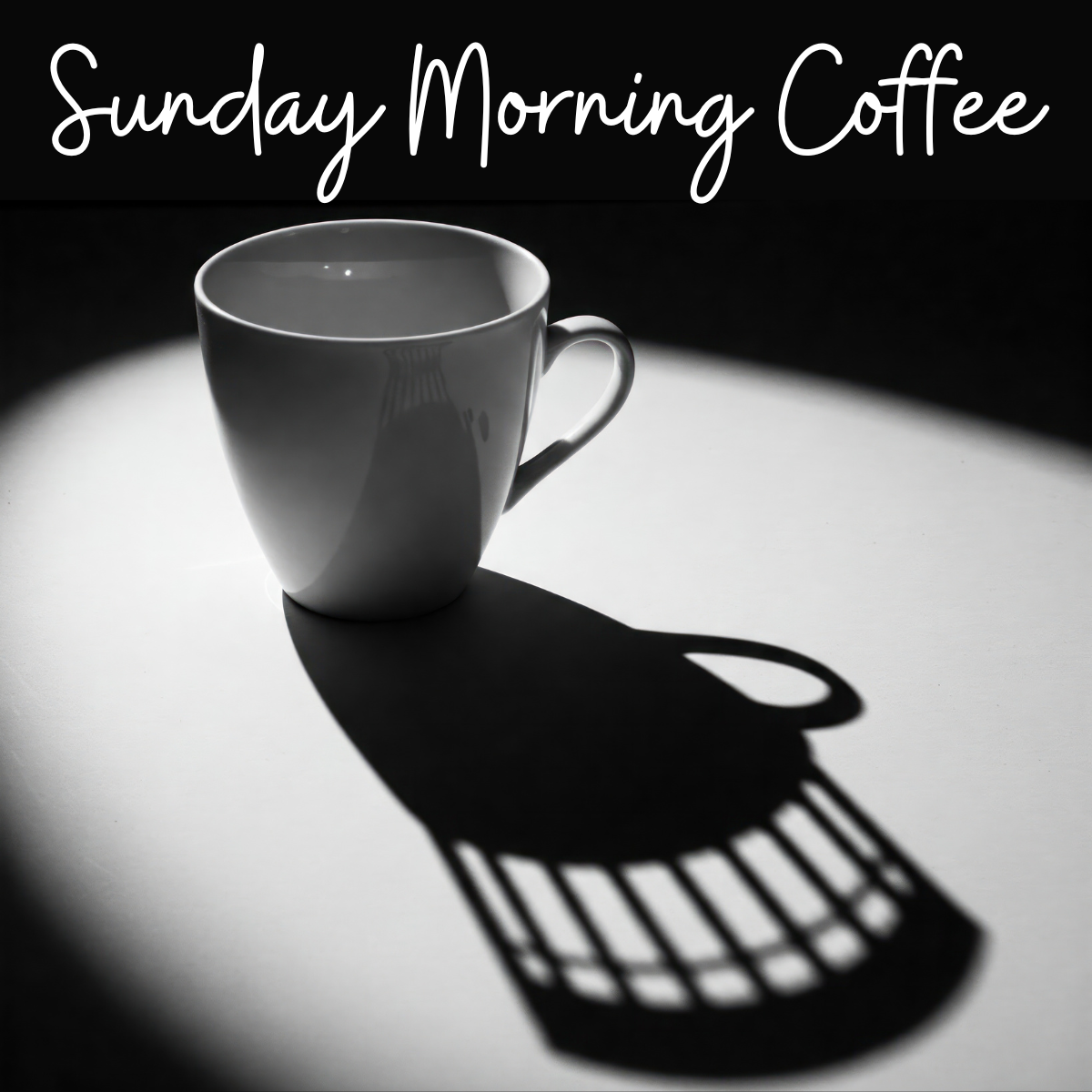
“That men do not learn very much from the lessons of history…
Harsh sentencing may feel like action, but it’s not progress. If we really want safety, we’ll stop trying to scare kids straight and start helping them grow up right.

Mentorship That’s Real
Real mentorship—the kind that transforms lives—is gritty, patient, and deeply human.
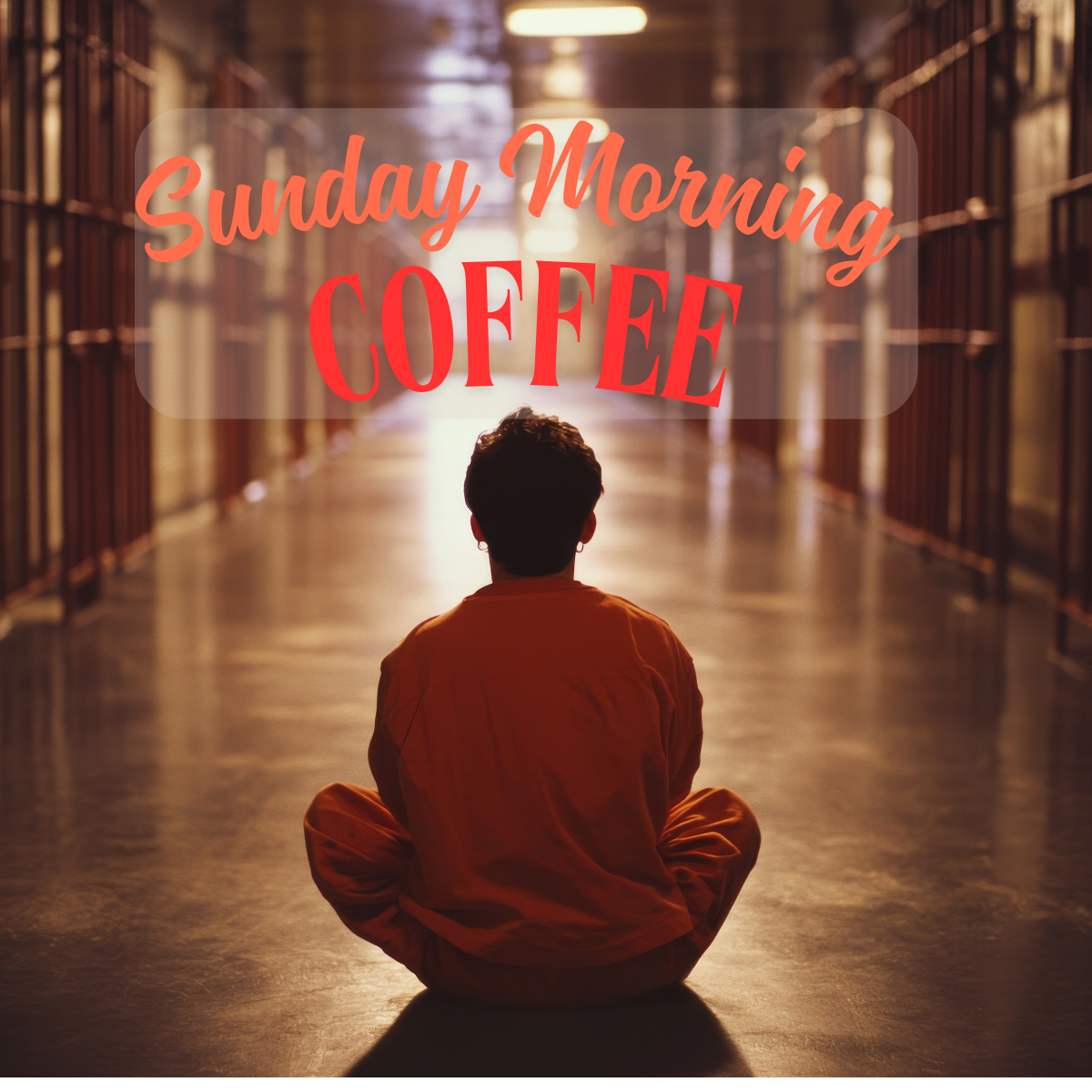
What Would a Truly Restorative Justice System Look Like for Youth?
A restorative system doesn’t let youth off the hook. It just offers them a hook to hang hope on.

Data Shouldn’t Just Be for Grant Reports
Data shouldn’t just sit in a spreadsheet. It should move us.
It should challenge us, inform us, and—most importantly—it should change us.
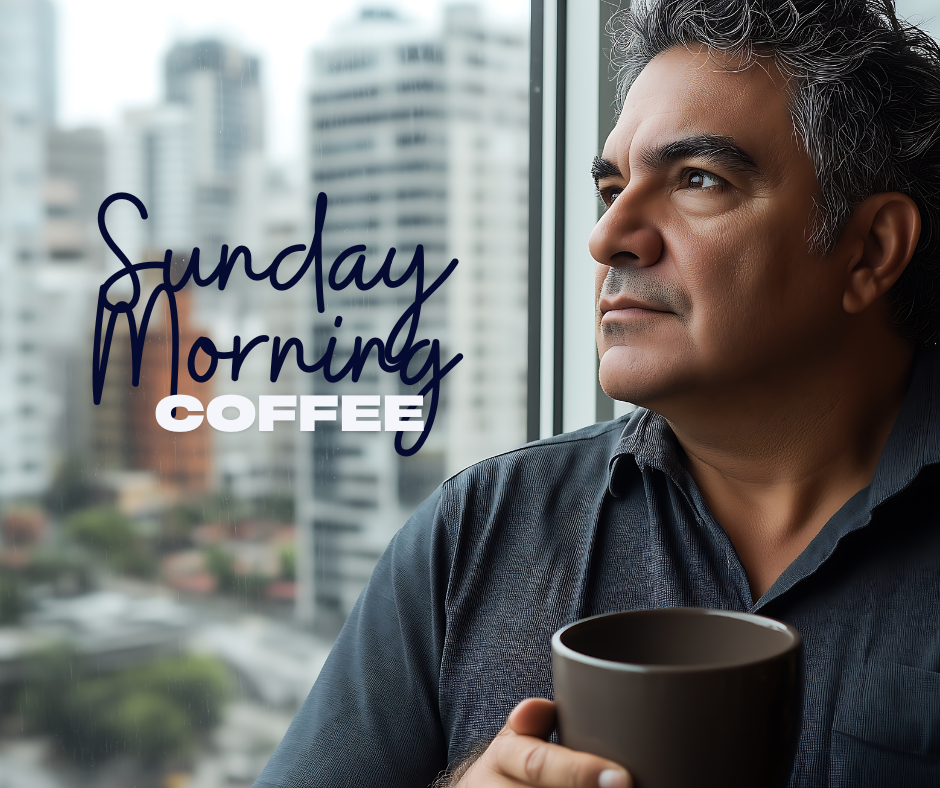
What Happens After the Second Chance? Supporting Long-Term Reintegration
Second chances don’t succeed on good intentions alone.
They require infrastructure. Consistency. Support. Grace.

Lessons From Lady Gaga
What lessons can we learn from Lady Gaga? If a pop concert can exude acceptance, kindness, and inclusivity, why do we struggle to extend the same spirit to people in our communities, especially those who need it most?

The Loneliness of the Correctional Educator
Correctional educators carry emotional weight most people can’t imagine, but correctional classrooms deserve connection, community, and recognition too.

Urgency in a Slow System: Teaching with Intention Behind the Fence
Teaching with intention in a system that moves at a glacial pace is an art…one in which correctional educators are masters!

This Is Not a Regular Classroom (And That’s Okay)
There’s a moment in nearly every correctional educator’s journey when we look around our classroom—maybe mid-lockdown, mid-lesson, or mid-crisis—and think: This is not a regular classroom.